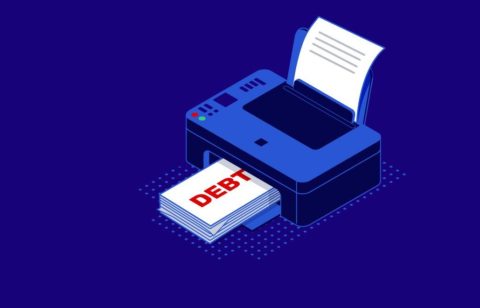If you’re struggling with debt, you’ve probably heard more than your fair share about debt consolidation loans. The trouble is figuring out exactly what applies to you and how debt consolidation would affect your financial situation. To help you navigate what can quickly become a very confusing situation, we’ve put together a short video that lays out exactly what you can expect from a debt consolidation loan.
This video lays out the top pros and cons of a debt consolidation loan. It will help you determine exactly how debt consolidation could benefit or hurt your current financial situation.
The Pros
As the video mentions, the two biggest pros to this type of debt management program are a consolidated monthly payment and a lower monthly payment.
For many people, one of the biggest difficulties of being in debt is figuring out how much you owe and to whom you owe it. Debt consolidation eliminates the stress that comes with this by allowing you to make one set payment every month for the same amount. Many people have a lower monthly payment as well because they aren’t dealing with multiple interest rates from different creditors.
The Cons
For some people, debt consolidation may not be the best type of debt management. Those stuck in debt with a low credit score may have trouble qualifying for a debt consolidation loan. If you have a low score, you may have to explore other types of debt consolidation loans.
With a better idea of the pros and cons of a debt consolidation loan, you should be able to determine whether this type of debt management is right for you. If the cons still seem like too big of an obstacle, you should explore other debt consolidation options. No matter which option you choose, make sure to pick one that fits your financial situation and gets you on the road to financial independence sooner.







